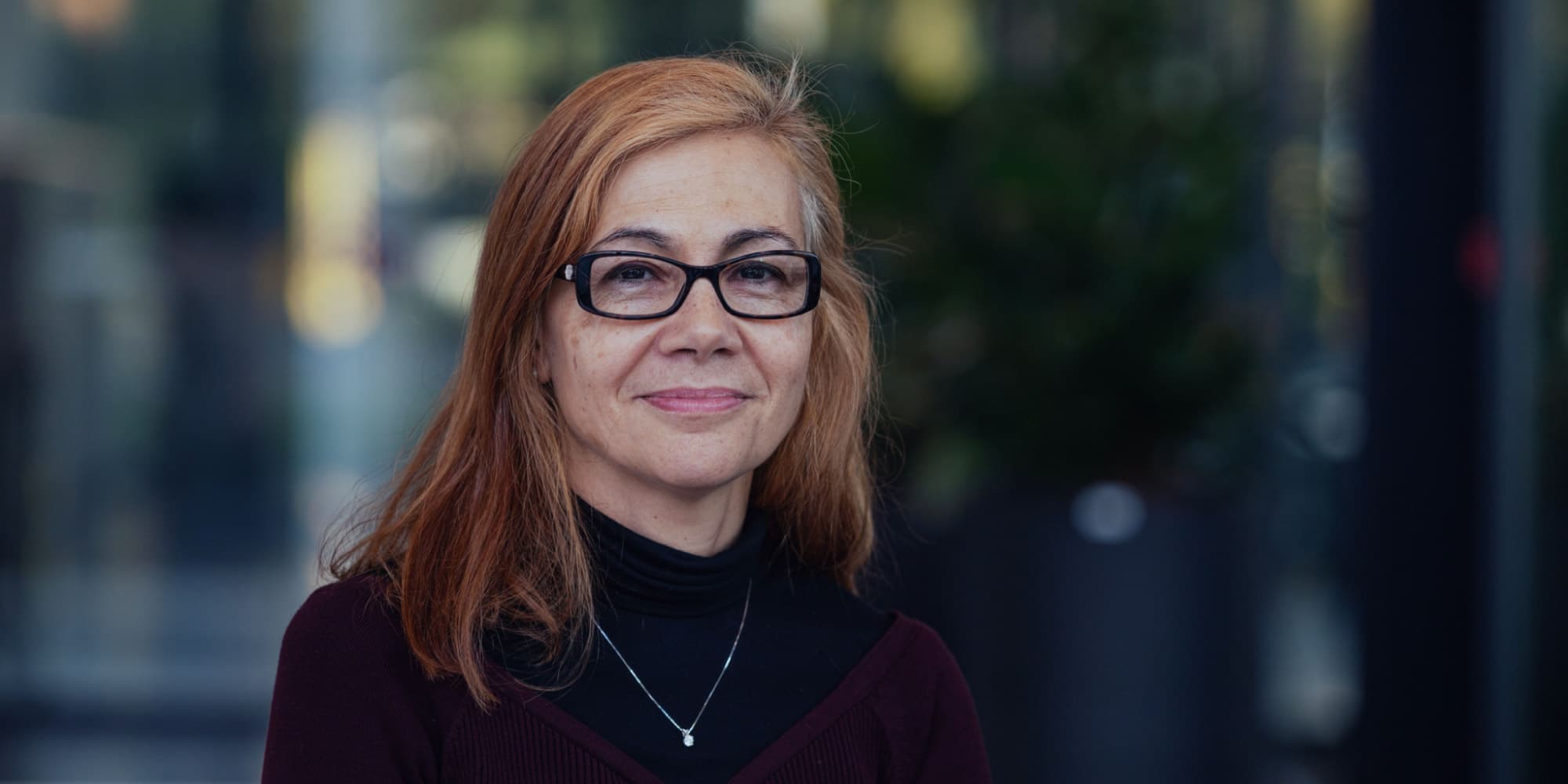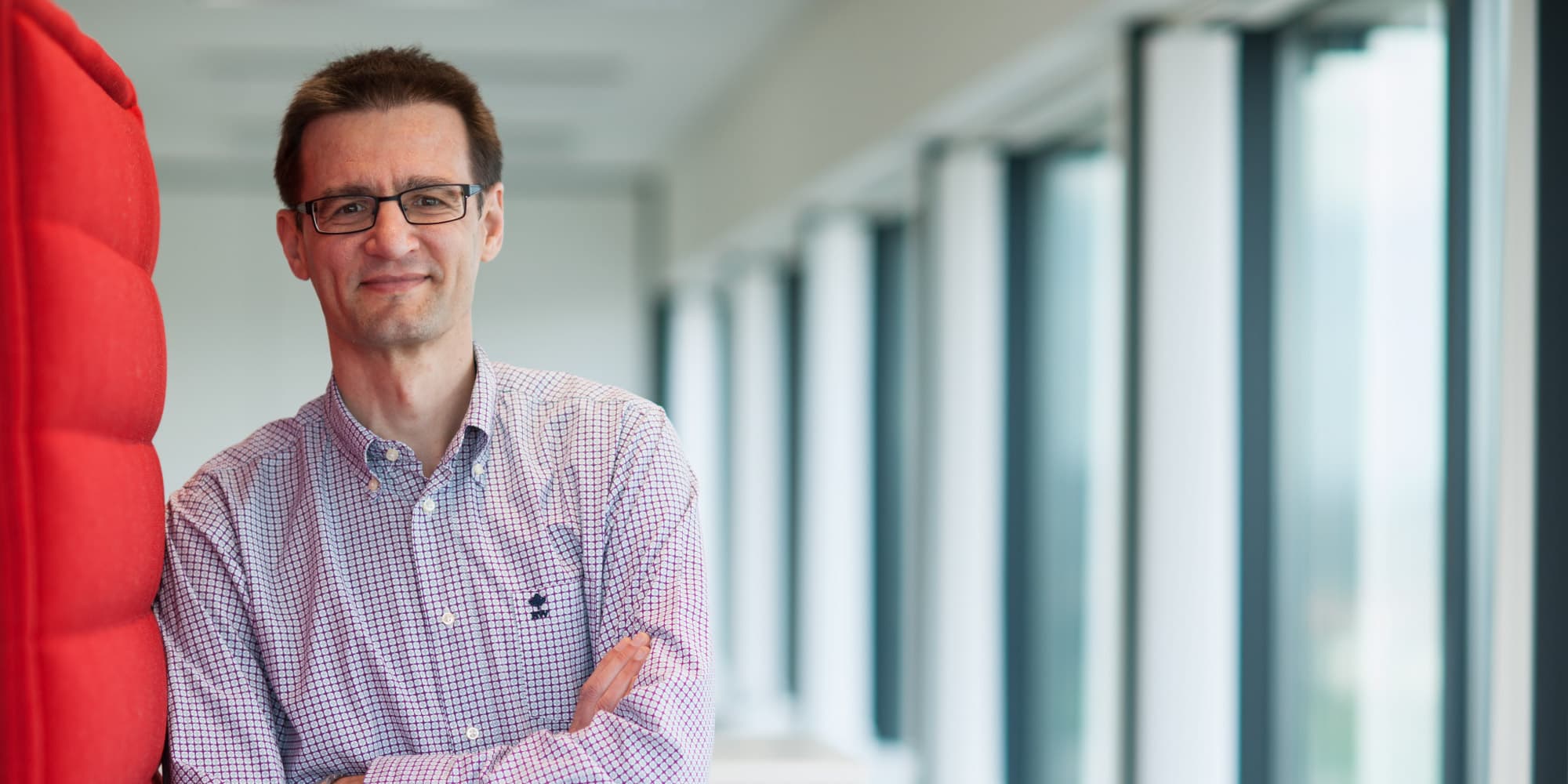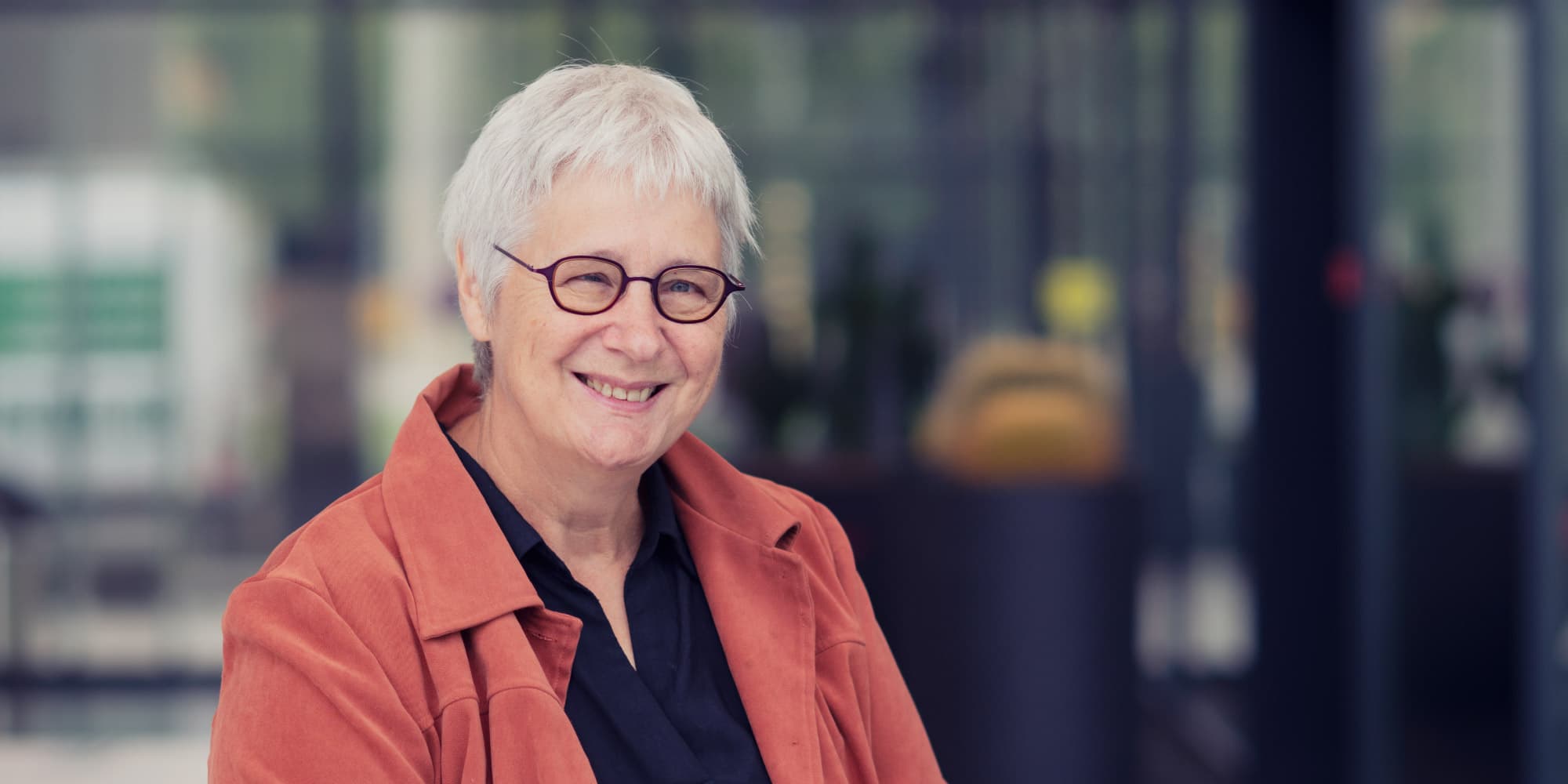Guido Groeseneken says that his great life passions are research, teaching and imec. "Imec has evolved over the years from a small university spin-off to a key player recognized by the major industrial players competing in our field. Imec has always adapted itself to changing circumstances, and I'm proud to have been able to make a modest contribution to our success."
The ingredients of success
Guido says that though his career has evolved over the years, he's been successful because he has always remained passionate about his work. "You should always do your job with passion, and it's important to change up your environment to let ideas bubble up. My best ideas have come when I was not thinking about the problem. Inspiration can happen at any moment."
But of course, inspiration can only get you so far, Guido says. "Next to inspiration, you need hard work, and that means reading papers, and digging into the depth of a problem. Try to link state-of-the-art knowledge with your own data, and never believe something just because it is published."
He also lists teamwork as one of the critical ingredients of success. "Often, ideas can mature during discussions with peers. I don't believe in a scientist that sits in his corner with his ideas. You have to confront your ideas with others and brainstorm so you can be fruitful. Ask the critical questions together. By doing these things, we find real solutions." And he has indeed found many solutions to complex technical problems over his career.
Not so modest contributions
Though he humbly stated that he's proud to have made a "modest contribution" to imec's success, Guido has made significant contributions to imec and to science throughout his career.
One of his earliest contributions was a 1984 paper on charge pumping. With over 1,000 citations, it's probably still the most cited paper at imec and continues to receive citations today. The paper was so well-known that it earned him the moniker "Mr. Charge Pumping" by his peers worldwide.
In 1987, he established and grew imec's reliability expertise into one of the most recognized and well-reputed reliability groups in the world. "But of course, this is not only my own work”, he stated of this achievement. "It's also the work of all the brilliant people that worked together with me over the years, and I certainly want to give them credit. It's not my personal merit, good research is always teamwork."
Guido’s research not only granted him in 2005 the level of Fellow of the IEEE, but in 2017, he was awarded the prestigious IEEE Cledo Brunetti Award, which generally goes to people that have performed groundbreaking research in new devices, circuits, or systems. "It's not easy to get an award like this in the field of reliability because we normally bring the bad news. Having received this award is, to me, a strong sign of recognition for the entire group that worked on this together with me over the past 30 years," Guido reflected.
Reflections on being a fellow
"The vision of a fellow has evolved over the years, but I would like to be known as a good researcher and a good teacher. That's what it's all about, after all. I think researching and teaching go hand in hand. We acquire knowledge that we can teach and bring to the next generation. And by teaching, you become a better researcher because you dive into greater depths on topics." Teaching is vital because human capital is the most valuable thing imec has, according to Guido. "Still, we also need to keep a sharp eye on educating and instilling teaching skills to our best and brightest researchers because they will become our future leaders."
In his role as a fellow, Guido feels it's important to stay open-minded but also feels a sense of duty to play devil's advocate and ask critical questions on data, paying particular attention to research integrity. "The goal is to avoid and prevent the manipulation or fabrication of data. Integrity means doing things right and not jumping to conclusions to tell customers what they want to hear, but instead showing them facts."
Best advice to up-and-coming researchers
Though he believes advice will never be as impactful as discovering things first-hand, Guido offers the following wisdom for up-and-coming researchers:
- Always remain self-critical. Still doubt what is published and stay critical of interpretations- yours and others.
- Always give credit to the ideas of others.
- Never take a result for granted unless it has been proven unambiguously.
- Try to think out-of-the-box. Don't repeat what has already been done- try new things.
- Be passionate about research. You should do your research with passion, not just to earn money or achieve notoriety.
- Most importantly: Don't be discouraged by failure or negative results. Failures are part of the game. If you think everything will work on the first try, you will be frequently disappointed. Look at failures as opportunities to learn. Understanding why something didn't work is also essential knowledge. You can try out a novel device and conclude that it doesn't work, and if you understand why it doesn't work, that is also useful knowledge for your partners. So don't forget that for every success there are tens or hundreds of failures. Dealing with failure is an essential skill of a researcher.
Ready to set off on your own imec journey?
Published on:
26 February 2021













